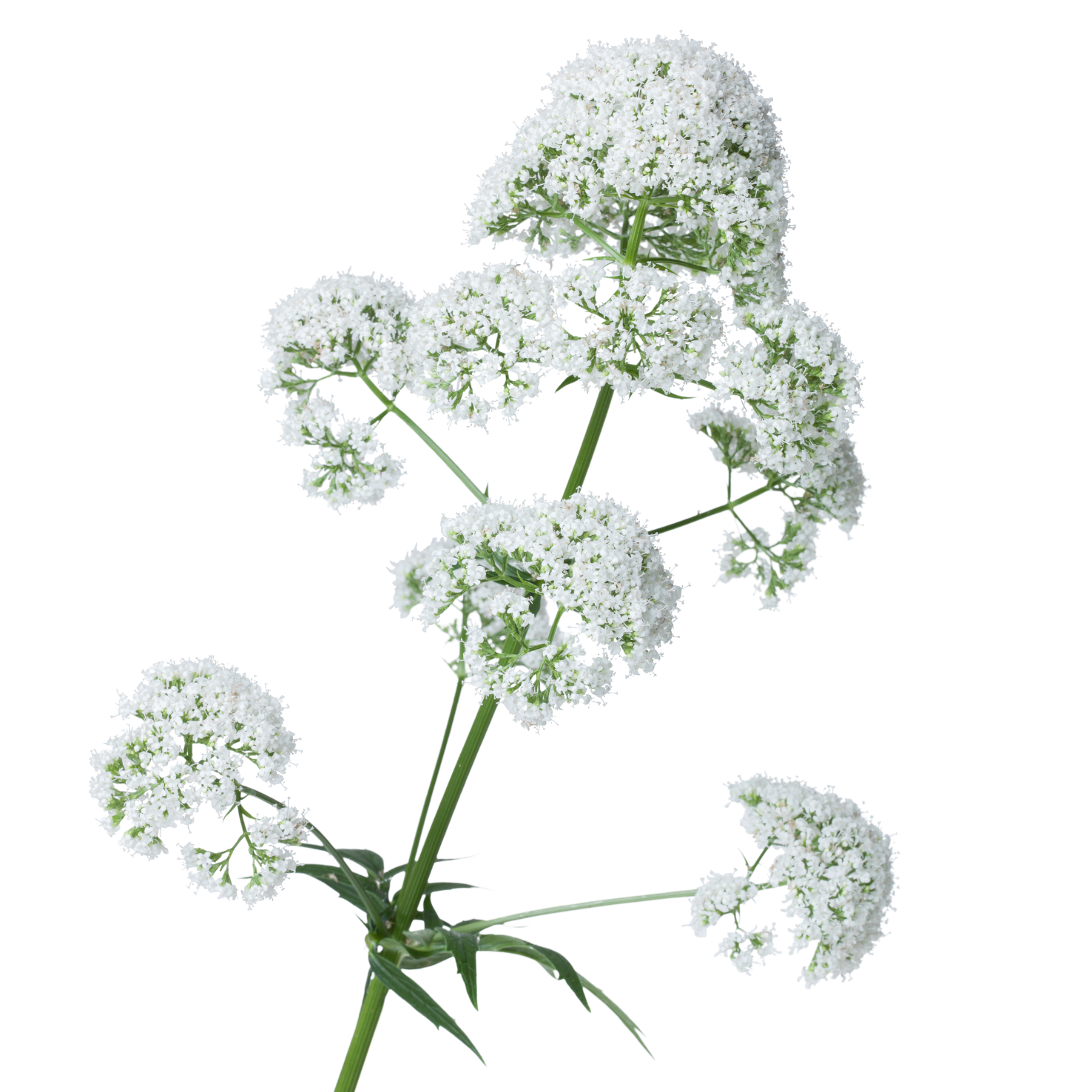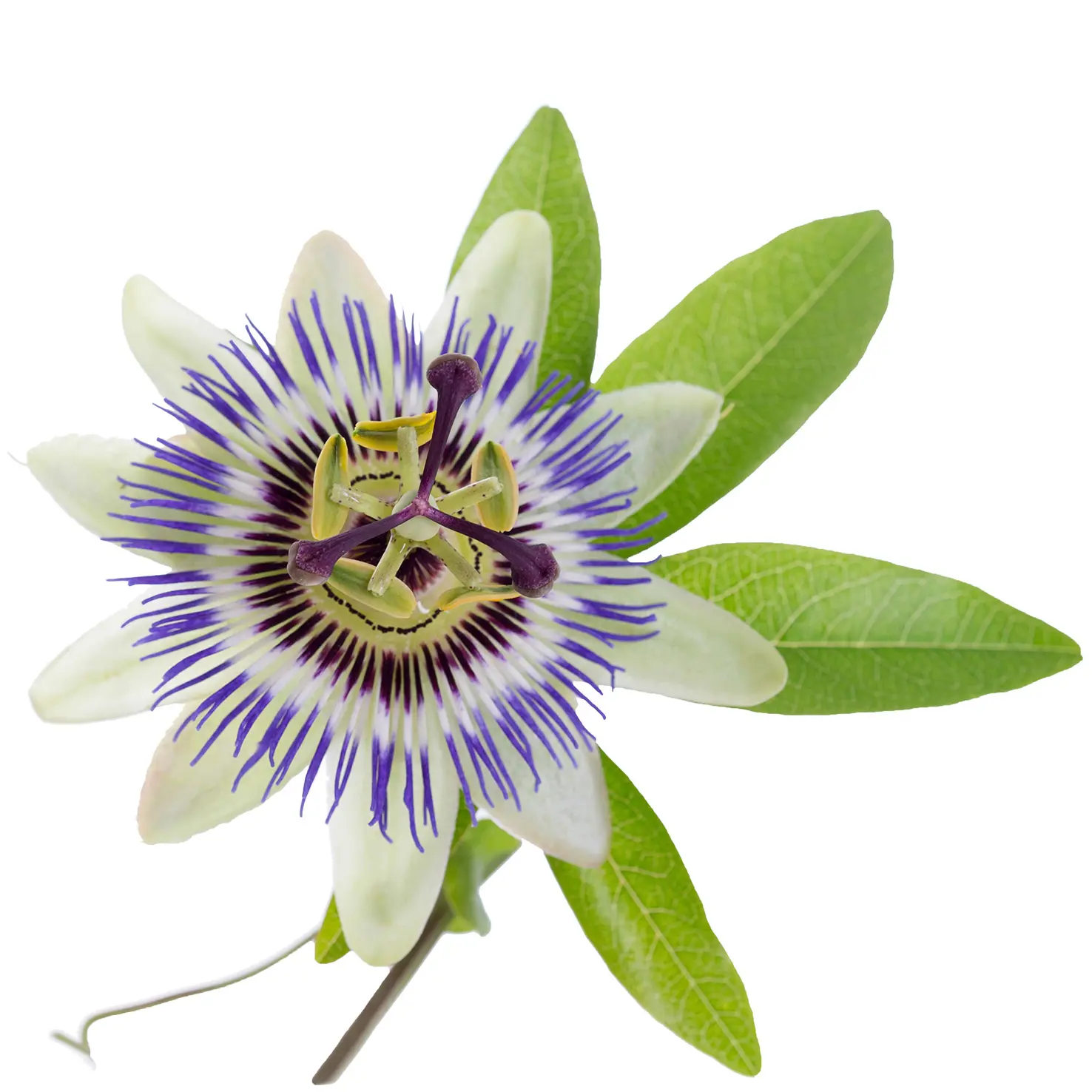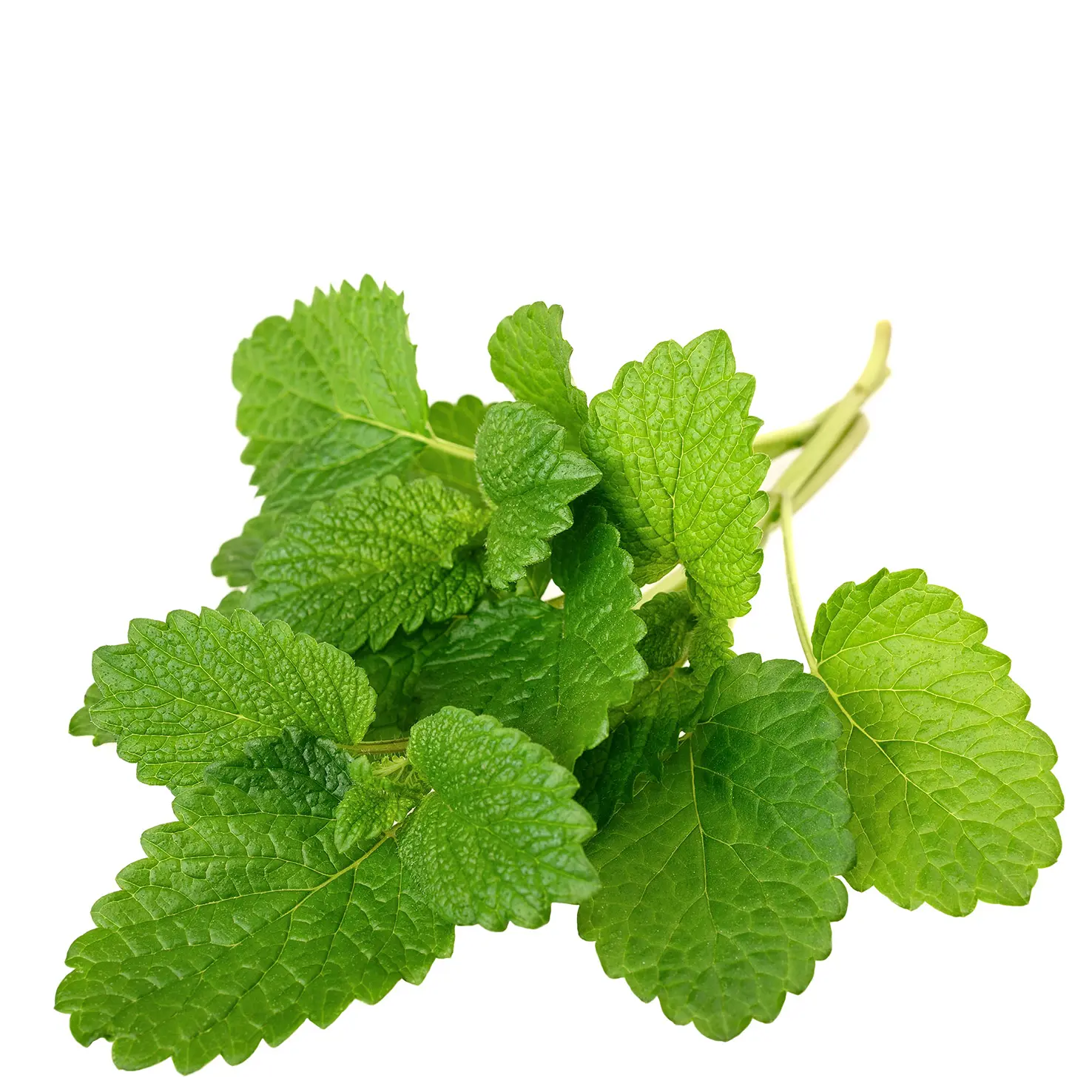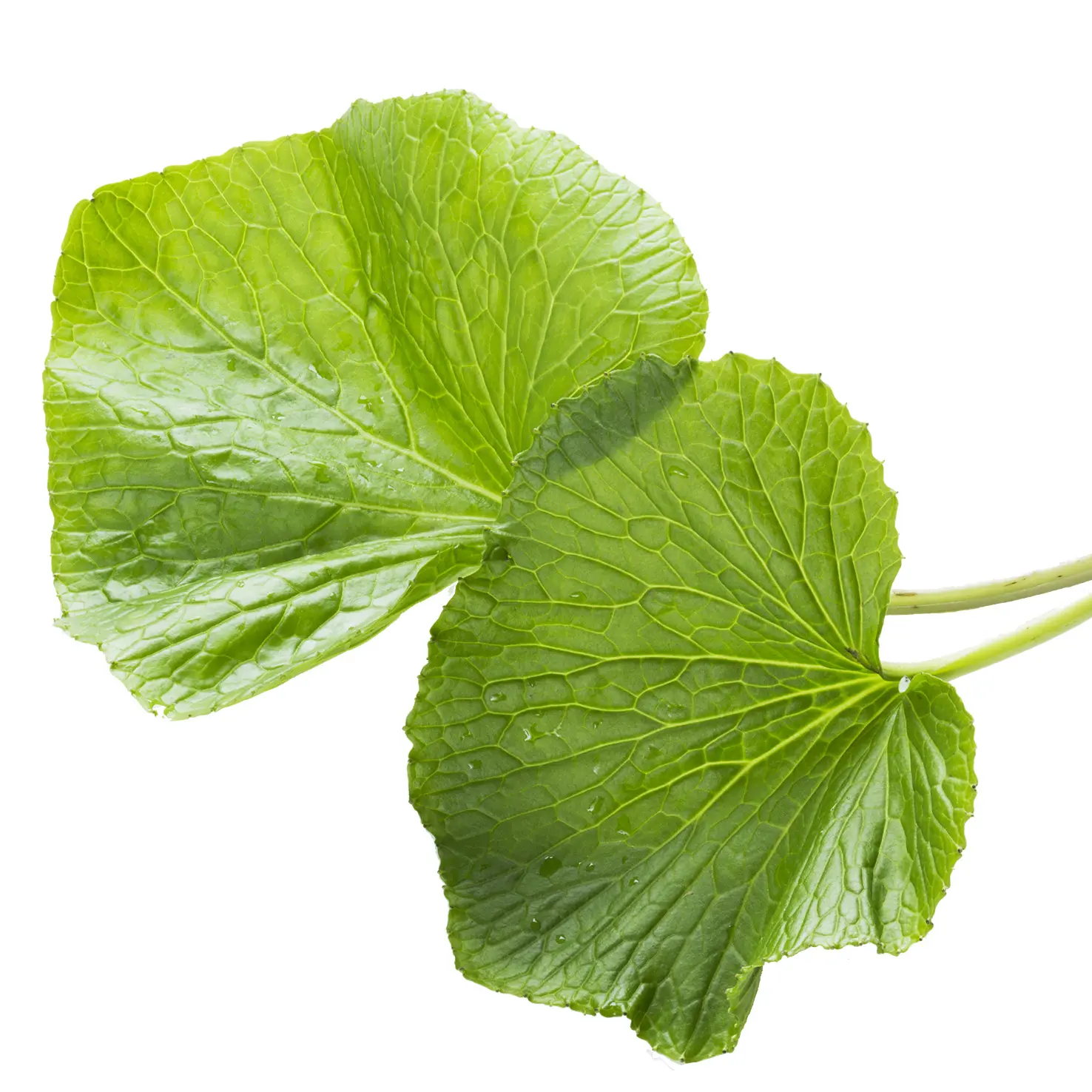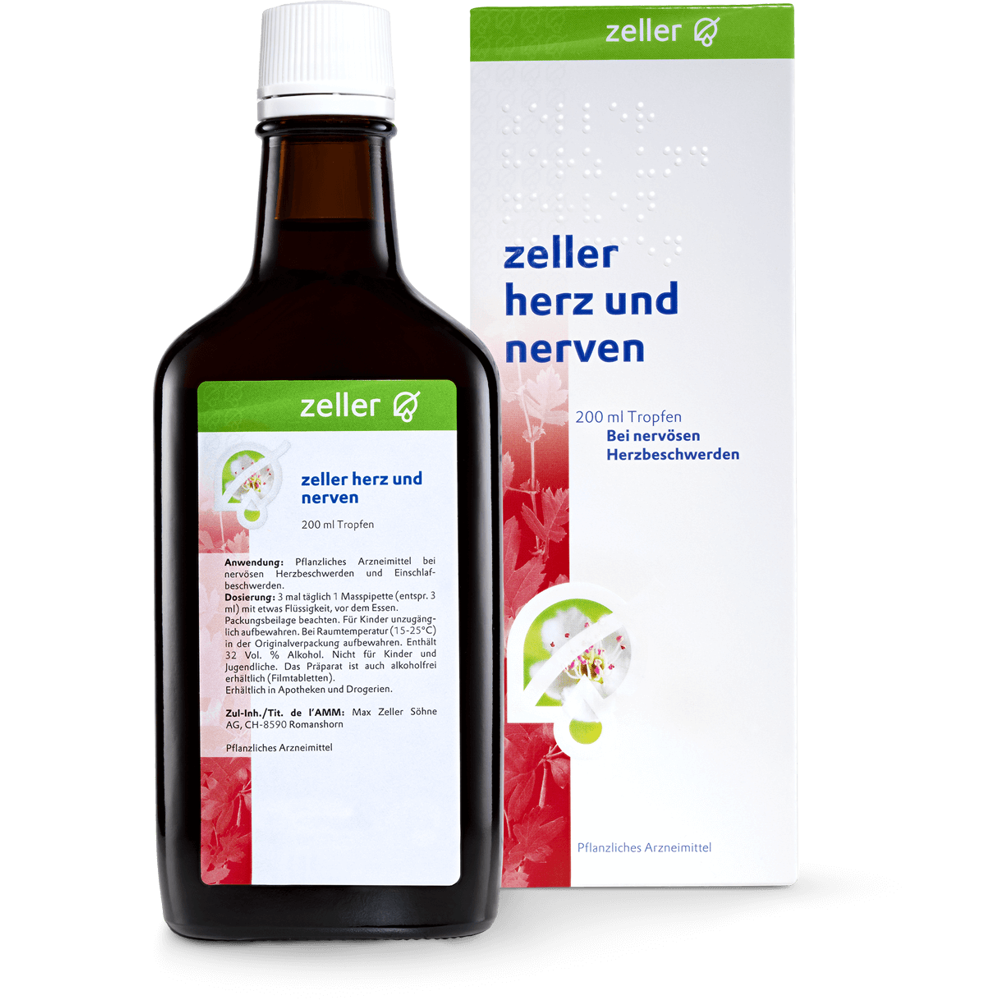
Nervousness and restlessness
Nowadays, states of nervous tension, nervousness and agitation are very common and can have both physical and emotional effects. If the tell-tale signs are recognised early and treated, you will be able to calmly deal with everyday stress again
Our daily lives are dominated by hectic schedules. Life seems to be getting faster and faster. We often complete several tasks at the same time while mentally already dealing with our next appointment. What we really need is time: time to stop and reflect and to escape the whirlpool of daily madness. This phenomenon is called stress. Very few people can actually say that they do not feel stressed at least some of the time. Stress means agitation and nervousness. A state that may have both emotional and physical effects.
Triggers for nervousness and agitation
There are many factors that can trigger nervousness and agitation. Increasing time pressure, bullying or uncertainty. Fear of losing your job, events in your personal life, an excessive workload or work that is not challenging enough as well as exam nerves.
The body’s response to nervousness and agitation
The effects of agitation and nervousness on the body are noticeable immediately. If the body is confronted with a short period of stress, it draws on all of its resources to deal with the situation. Blood flows only to those organs that are essential for dealing with the stress. As a result, the pulse and blood pressure are elevated, muscles feel tense, the mouth is dry and hands are sweaty. If agitation and nervousness persist over a long period of time, the body is constantly under stress, which manifests itself as back and neck pain. It can also lead to sleep disorders or mood swings.
Symptoms of nervousness and agitation
The symptoms of nervousness and agitation are often experienced differently by different people. States of nervous tension, irritability, a lack of drive and sleep disorders are possible, as are spasmodic gastrointestinal complaints.
When nervousness and agitation make you ill
One of the most common and serious consequences of chronic stress, nervousness and agitation is burnout, which is the result of long-term stress. The permanent nervousness and agitation affect the whole body. It can no longer cope with stress because it has lost its ability to recover. Those affected find themselves in a state of physical and emotional exhaustion. Burnout is difficult to recognise, even for a doctor, as it is frequently a slow, insidious process.
Slowing down when suffering from nervousness and agitation
What a stressed body urgently needs when suffering from nervousness and agitation is immediate relief that has a calming and relaxing effect on body and mind. The first step is to identify the causes of stress, nervousness and agitation and then eliminate them. This is not always easy, as it means that we may have to change our behaviour and this does not happen overnight.
Herbal treatment for agitation and nervousness
Nature has provided us with several medicinal plants that are proven and effective remedies that help us to relax when suffering from nervousness and agitation.
- Passionflower alleviates anxiety associated with internal tension, irritability and nervousness.
- Balm has a calming effect on symptoms such as states of agitation, restlessness and nervousness.
- Valerian soothes and encourages sleep in cases of agitation and nervousness.
- Butterbur has antispasmodic properties and is effective in nerve-related gastrointestinal conditions.
Tips for more inner peace and less nervousness
- Set priorities and pace your tasks. Ensure that you schedule enough breaks.
- Eat a healthy, balanced diet, particularly in times of stress. It will provide you with all of the nutrients you need to maintain your Performance.
- While some find it relaxing to do nothing at all, others need exercise to reduce their stress levels. Running, cycling, doing weights and pilates don’t just make you sweat but also boost your energy levels. Studies have shown that physically active people are more resilient to stress, are less likely to suffer from nervousness and can deal with pressure much more quickly. You should schedule at least 30 minutes of physical exercise two to three times a week.
- Relaxation techniques can help to quickly restore your balance and also offer an escape from your hectic daily life. Techniques include progressive muscle relaxation (PMR), autogenic training, yoga or qigong and tai chi.
- You should also get enough sleep. Sleep helps your body to renew and repair itself. During this regenerative period, the brain purges unnecessary details and the immune system is bolstered.
- Healthy relationships help you recharge your batteries. Being with people we love gives us new strength and energy. After a relaxing evening with your other half or a fun games night with friends, nervousness and stress at work may seem to have magically lessened.


